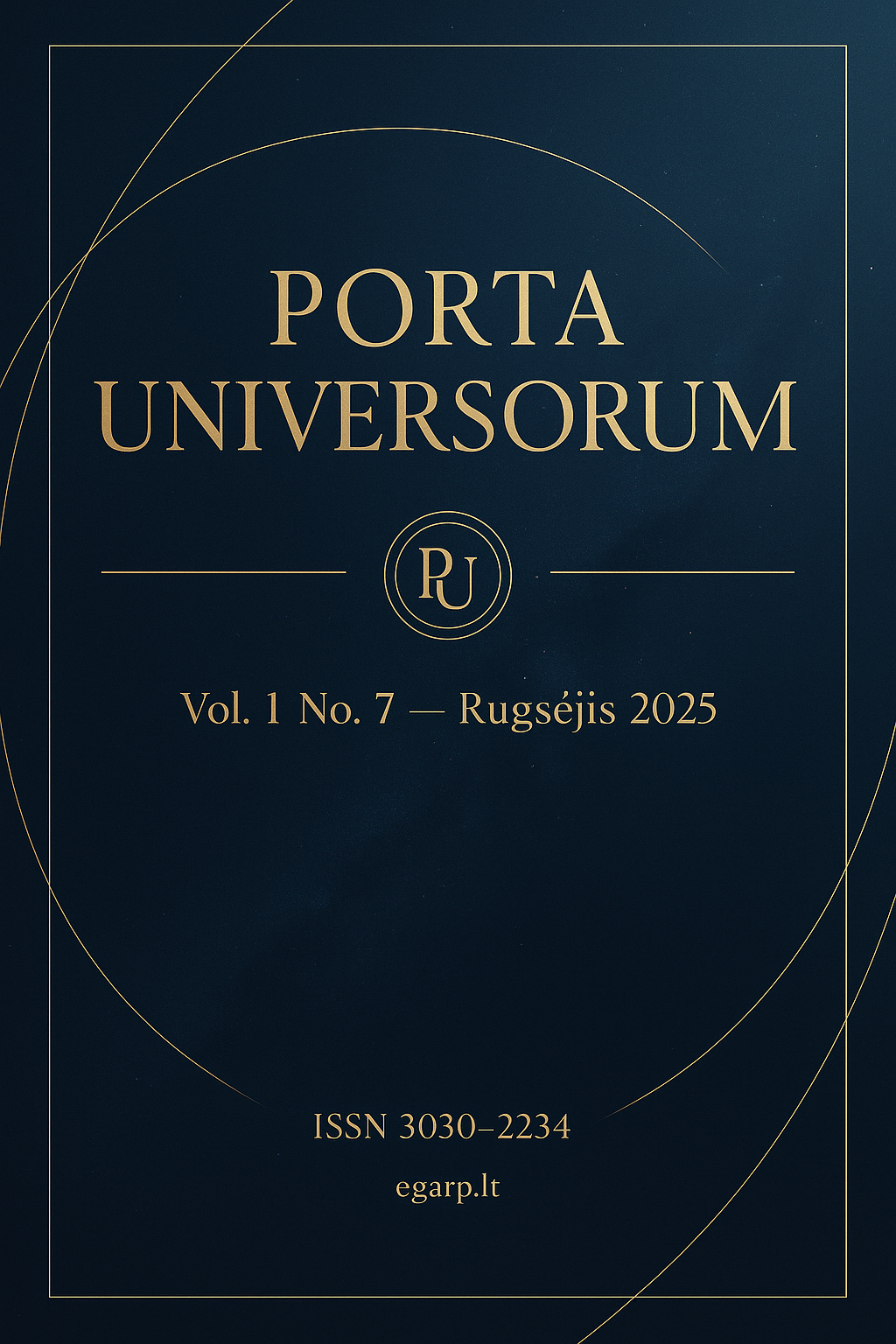The Methodology of Teaching Verb Conjugation in Non-Russian-Speaking Classrooms: Challenges and Effective Strategies
DOI:
https://doi.org/10.69760/portuni.0107004Keywords:
Russian as a foreign language, verb conjugation, teaching methodology, non-Russian-speaking studentsAbstract
This article is devoted to the current challenges of teaching the system of verb conjugation in non-Russian-speaking classrooms, particularly in multinational schools where Russian is studied as a second language. The focus is on the difficulties learners face when mastering the tense-aspect forms of Russian verbs, as well as the underlying causes of these difficulties. Among the most common issues are cross-linguistic interference, insufficient understanding of aspectual distinctions, incorrect use of verb tenses, and an underdeveloped grammatical intuition.
The author analyzes how representatives of different linguistic and cultural backgrounds perceive the Russian verb system, emphasizing the importance of taking students’ native languages into account in the learning process. The article highlights effective methodological strategies aimed at developing strong grammatical skills. These include visualization techniques, reliance on grammatical models, game-based learning, and communicative exercises that help learners not only understand theoretical aspects but also apply them practically in speech.
The communicative orientation of teaching is presented as a key element in the successful acquisition of Russian verb conjugation. The article also underscores the importance of a systematic and step-by-step approach, in which students move from understanding the structure of verb forms to actively using them in various communicative situations. Finally, practical recommendations are provided for teachers of Russian as a foreign language to help overcome common mistakes and enhance the effectiveness of the educational process.
References
Shansky, N.M. Essays on the Methodology of Teaching Russian as a Foreign Language. Moscow: Russkiy Yazyk, 2004.
Arakin, V.D. Comparative Grammar of Russian and English. Moscow: Prosveshchenie, 1995.
Ushakova, O.V. Methods of Teaching Russian as a Foreign Language. St. Petersburg: Zlatoust, 2010.
Bystrova, E.A. Practical Grammar of the Russian Language for Beginners. Moscow: Astrel, 2011.
Tolstoy, N.I. Language and Culture. Moscow: Nauka, 1990.
Radionova, E.V. Didactic Foundations of Teaching Grammar to Foreign Students. Moscow: FLINTA, 2015.
Leontiev, A.A. Psycholinguistics and Language Teaching. Moscow: Pedagogika, 1997.
Kagan, O., Rifkin, B. The Learning and Teaching of Slavic Languages. Boston: Heinle & Heinle, 2000.
Danilov, V.M. Russian Grammar for Foreigners. Moscow: Russkiy Yazyk Kursy, 2012.
Krashen, S. The Input Hypothesis: Issues and Implications. New York: Longman, 1985.
Rasuliva S. Изучение значений не-которых русских глагольных приставок на примере -за-,-из-, -пере-. Proceedings of the International Scientific Conference, “Current Problems of Research and Teaching of Foreign Languages”, Nakhchivan State University, 2017, pp. 70-74
Downloads
Published
Issue
Section
License
Copyright (c) 2025 Porta Universorum

This work is licensed under a Creative Commons Attribution-NonCommercial 4.0 International License.
License Terms
All articles published in Porta Universorum are licensed under the Creative Commons Attribution–NonCommercial 4.0 International License (CC BY-NC 4.0). This license permits:
-
Sharing (copying and redistributing the material in any medium or format),
-
Adapting (remixing, transforming, and building upon the material),
-
for non-commercial purposes only,
-
with proper attribution to the original author(s) and source.
Commercial use of the material is not permitted without prior written permission from the publisher.




